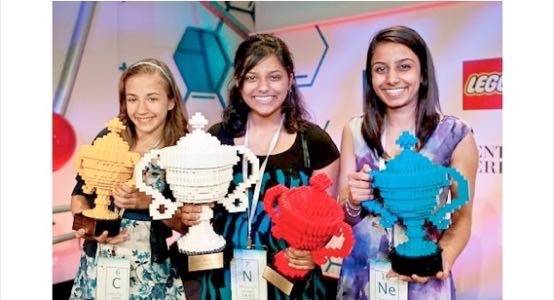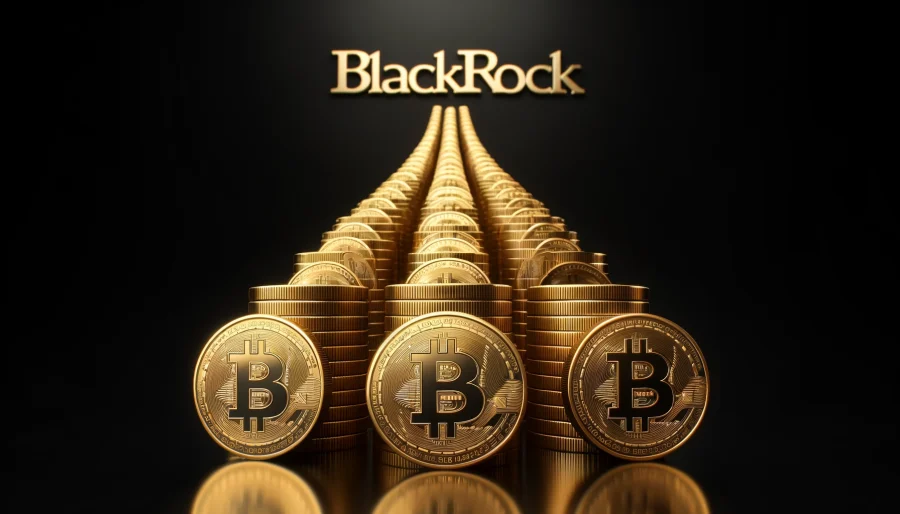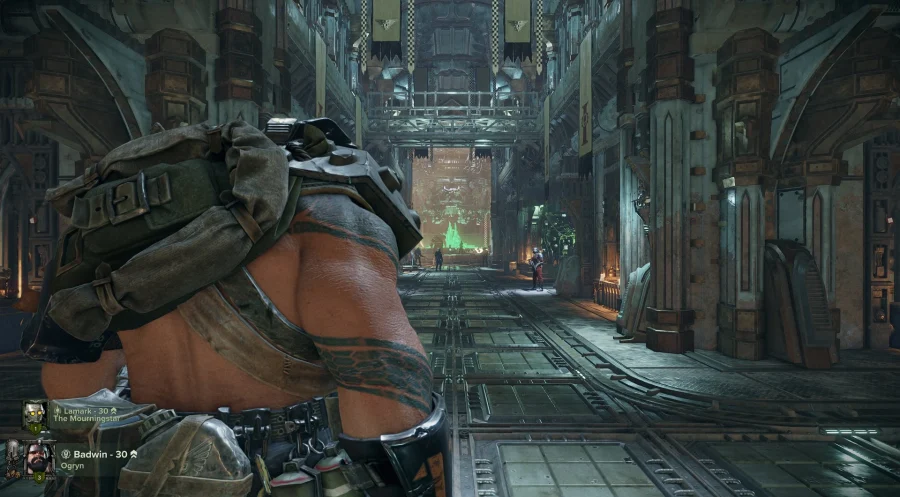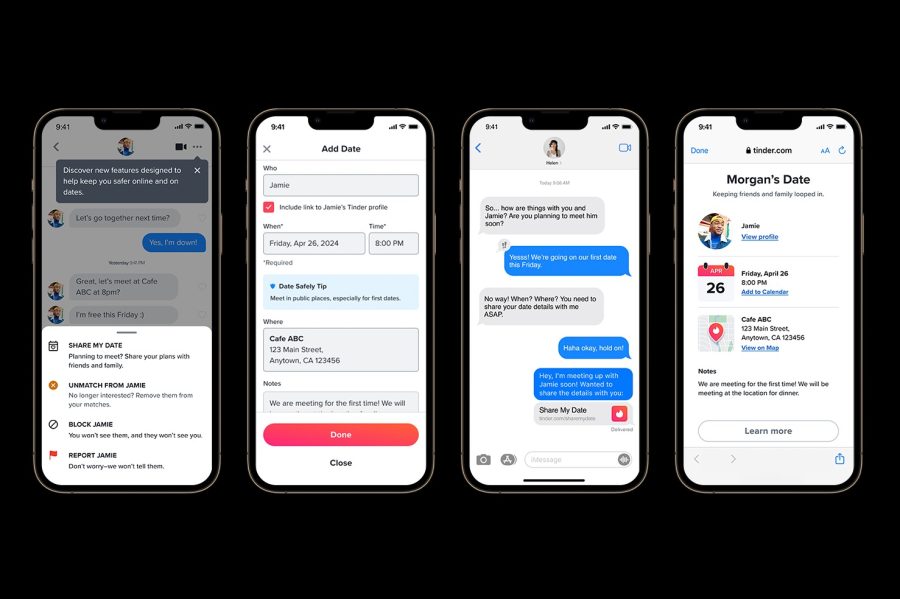In January, Google announced what it called the world’s first global science fair, a competition for students age 13 to 18 that brought the traditional science fair online. Over 10,000 students from over 90 countries submitted their projects for review, and last night at the Googleplex, the 15 finalists showcased their experiments.

These finalists traveled to Mountain View to pitch their projects to an all-star panel of scientists, inventors and Nobel prize laureates that included Dean Kamen and Vint Cerf. And as Google noted on its blog today, the final decision was all about “girl power” as the award in each of the three age categories was handed to a young woman:
- Lauren Hodge (age 13-14): Hodge studied the effect of different marinades on the level of potentially harmful carcinogens in grilled chicken. (Project site)
- Naomi Shah (age 15-16): Shah endeavored to prove that making changes to indoor environments that improve indoor air quality can reduce people’s reliance on asthma medications. (Project site)
- Shree Bose (17-18): Bose discovered a way to improve ovarian cancer treatment for patients when they have built up a resistance to certain chemotherapy drugs. (Project site)
The winners went home with some great prizes. Bose, for her part, received a $50,000 scholarship, as well as a trip to the Galapagos Islands with a National Geographic Explorer and an internship at CERN. Hodge and Shah each received $25,000 scholarships and internships at Google and Lego.
These winners beat out stiff competition from a lot of other budding young scientists, all of whose projects, as Google noted, aimed to “bring significant, actionable change to the world.”
As I argued earlier today in my story about Microsoft’s Imagine Cup, as well as my coverage last week of Lego Education’s robotics programs, these sorts of endeavors – particularly when they are practical and community-oriented – help expand interest in science, technology and engineering beyond what may have been a traditional – and very gendered – population. They emphasize not just scientific discovery or technological prowess per se, but tie those things to efforts that bring about real-world change.
Congratulations to all the students who participated in the Google Science Fair, but – yes, this is my bias here – an extra fist pump to the girls who entered and the girls who won.










